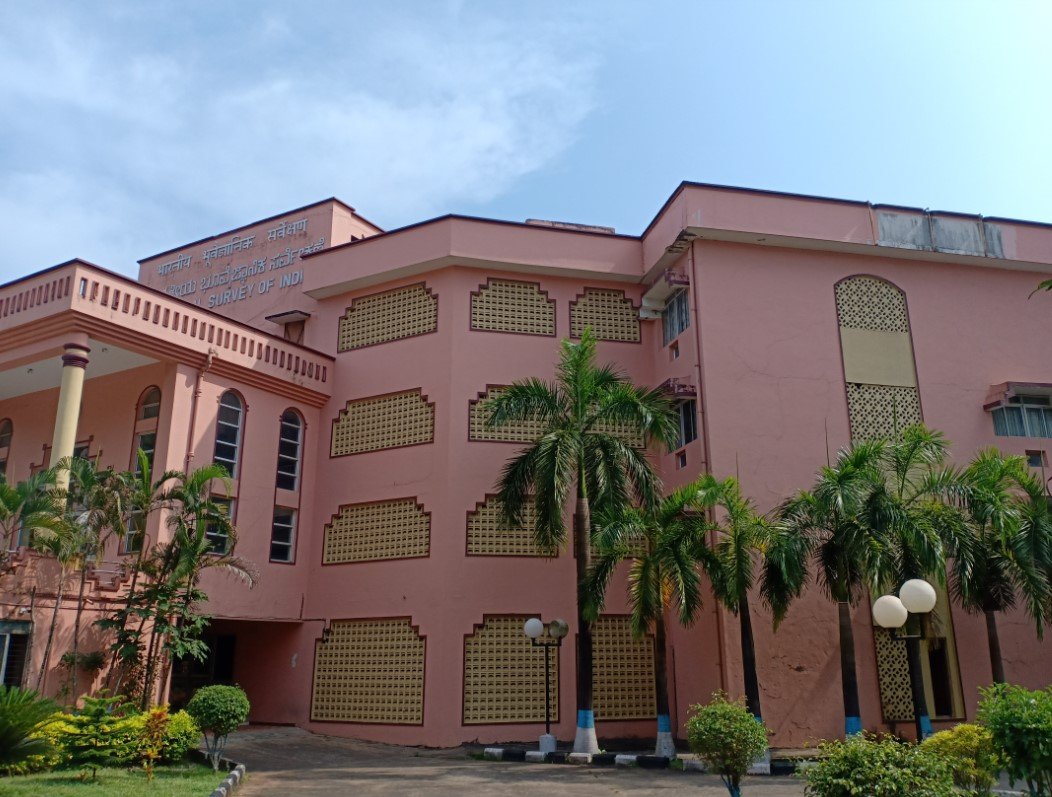Genesys International, a leading Indian mapping technology firm, has secured two significant projects worth Rs 35 crore from NEOM and the Saudi Geological Survey Authority. These projects mark a pivotal step in the adoption of geospatial technology for infrastructure development in Saudi Arabia. NEOM, one of the most transformative urban development projects globally, spans 26,500 square kilometers and aims to revolutionize urban planning with a focus on environmental sustainability. Genesys International will leverage its expertise in high-precision mapping and spatial information systems to support these ambitious initiatives.

High-Precision Mapping for NEOM
The NEOM project is a cornerstone of Saudi Arabia’s Vision 2030, aiming to create a futuristic city that integrates cutting-edge technology with sustainable living. Genesys International will collaborate with NEOM’s Land Affairs Compliance and Enforcement division to deliver high-precision mapping services. These services are crucial for ensuring land-use compliance across key areas of the project, including Oxagon, the Gulf of Aqaba, Trojena, and the Line/Spine.
The high-precision mapping will involve the use of advanced geospatial technologies to create detailed and accurate maps of the project areas. This will help in monitoring land use, planning infrastructure, and managing resources efficiently. By providing accurate data, Genesys International will play a vital role in the successful implementation of NEOM’s master plan, contributing to the project’s overall sustainability goals.
In addition to mapping, Genesys will utilize 3D Digital Twin technology to create virtual models of the project areas. These digital twins will enable real-time monitoring and analysis, allowing for better decision-making and resource management. The integration of these technologies underscores the importance of geospatial data in modern urban planning and development.
Managing Geological Risks with the Saudi Geological Survey
The second project awarded to Genesys International involves developing a Spatial Information System for the Saudi Geological Survey Authority. This project aims to manage geological risks in the Makkah Al-Mukarramah and Riyadh regions, as part of the authority’s Natural Geological Risks Monitoring program. The system will enhance the ability to identify, monitor, and mitigate geological hazards, ensuring the safety and resilience of these critical areas.
The Spatial Information System will incorporate various data sources, including satellite imagery, ground surveys, and historical records, to create a comprehensive database of geological risks. This database will be used to analyze potential hazards, such as earthquakes, landslides, and subsidence, and to develop strategies for risk mitigation. By providing accurate and timely information, the system will support decision-makers in implementing effective measures to protect communities and infrastructure.
Genesys International’s expertise in geospatial technology will be instrumental in the success of this project. The company’s advanced mapping solutions and data analysis capabilities will ensure that the Saudi Geological Survey has the tools needed to manage geological risks effectively. This project highlights the critical role of geospatial technology in enhancing public safety and resilience.
Enhancing Geospatial Capabilities
The projects awarded to Genesys International reflect the growing importance of geospatial technology in infrastructure development and risk management. By leveraging its expertise in high-precision mapping and spatial information systems, Genesys is well-positioned to contribute to the success of these ambitious initiatives in Saudi Arabia. The company’s involvement in these projects also underscores the potential for Indian firms to play a significant role in global infrastructure development.
Genesys International has a proven track record of delivering advanced mapping solutions for both enterprise and government sectors. The company’s recent success with its Digital Twin program, adopted by several major Indian cities, demonstrates its capability to provide cutting-edge geospatial technology. These projects in Saudi Arabia represent a significant opportunity for Genesys to showcase its expertise on an international stage and to contribute to the development of next-generation infrastructure.
The collaboration with NEOM and the Saudi Geological Survey also highlights the potential for international partnerships in the field of geospatial technology. By working together, organizations can leverage their strengths and expertise to achieve common goals and drive innovation. The success of these projects will set a precedent for future collaborations and reinforce the importance of geospatial technology in addressing global challenges.
